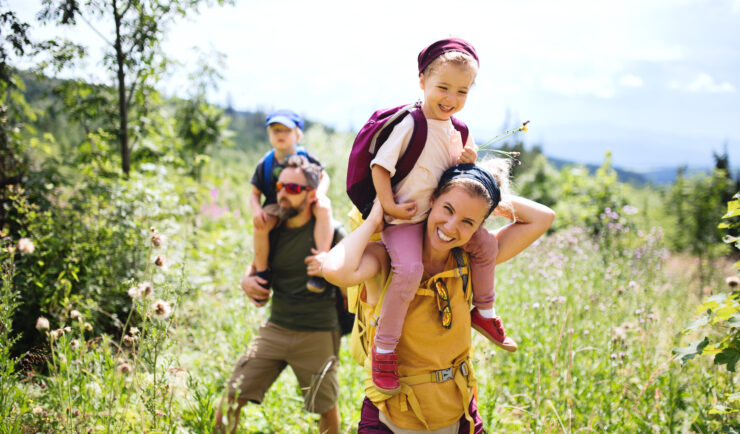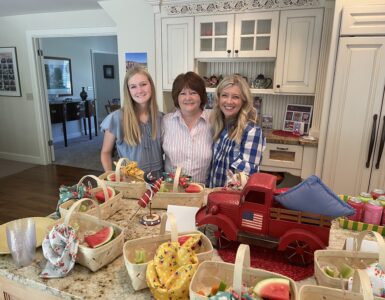Awe hunting can transform your daily life.
In a world where convenience often replaces curiosity, we’re losing something vital: our sense of awe. But a new trend is helping people reconnect with that feeling of wonder—and it’s as simple as paying attention.
It’s called awe hunting, and it’s not just poetic—it’s powerful. Studio 5 Senior Producer Harlee Frodsham recently explored this practice and shared how it can transform the way we experience everyday life.
What Is Awe Hunting?
Awe hunting is the intentional practice of seeking out moments that make you feel small in the best way—moments that remind you how vast, beautiful, and interconnected life really is. Harlee described it as “recognizing how small you are and how deeply connected you are—all at once.” This definition, inspired by therapist and author Abby Rawlinson and shared through Hoda Kotb’s Joy 101 brand, captures the essence of awe. It’s not just about being impressed—it’s about being moved.
Why Awe Matters More Than Ever
We live in a time where magic has been replaced by mechanics. Harlee shared a moment when a toddler watching Beauty and the Beast saw the enchanted mirror and said, “The Beast has FaceTime.” She reflected, “That was magic back then. But now it’s just convenience.” Technology has made life faster, but not necessarily richer. We rarely pause to marvel, to wonder, or to feel deeply connected to something bigger than ourselves. Awe hunting is a way to reclaim that, and the benefits are real: awe can calm your nervous system, lift your mood, and increase your sense of connection to others and the world.
Harlee’s Week of Awe Hunting
To put the concept into practice, Harlee spent a week intentionally seeking out awe. Here’s what she discovered—and how you can do the same.
1. Find Awe in Nature
Nature is one of the most accessible sources of awe. Whether it’s a sunrise, a mountain range, or birdsong, the natural world invites us to slow down and look up. “The mountains were pink as the sun was setting,” Harlee recalled. A simple moment, yet when viewed through the lens of awe, it filled her heart with peace and joy.
2. Seek Out Novelty
New experiences spark awe because they jolt us out of autopilot. Harlee shared a story of being rerouted through Richfield, Utah—a detour she initially dreaded. “I kid you not, the whole time I was like, look at that cow, look at these rolling fields… I have never seen this part of Utah before,” she said. What started as an inconvenience became a moment of wonder.
Novelty doesn’t have to be grand—it can be as simple as trying a new food, listening to a different genre of music, or taking a new route home. “It inspires a different reflection point of gratitude, and it helps you create memories,” Harlee added. Even something as small as a McFlurry on a Tuesday with your kids can become a moment of joy when it breaks the routine.
3. Observe Human Greatness
Sometimes awe comes from witnessing the beauty of humanity—especially in its most tender forms. For Harlee, it was meeting her newborn niece, Ashton. “I always cry when I hold newborns… it’s just peaceful,” she said. Whether it’s a baby, a musical performance, or a quiet act of kindness, these moments remind us of the goodness and potential in people.
Awe Is a Spiritual Practice
Awe isn’t just emotional—it’s spiritual. Harlee quoted Savannah Guthrie, paraphrasing a line from her book: “If you want to be closer to God, you have to find awe in the everyday.” That’s the heart of awe hunting. It’s not about chasing big, dramatic experiences. It’s about noticing the sacred in the small, the extraordinary in the ordinary.
Try It for Yourself
Awe hunting doesn’t require money, travel, or even much time. It just requires attention. So the next time you’re outside, look up. The next time you’re with someone you love, really see them. The next time something surprises you—pause.
Here’s to awe hunting: a practice that helps us feel more alive, more connected, and more grateful.















Add comment